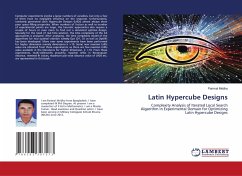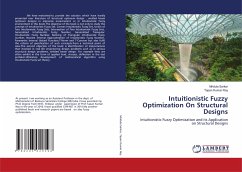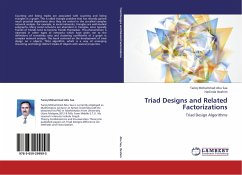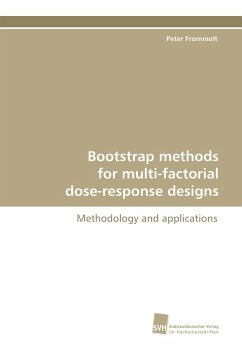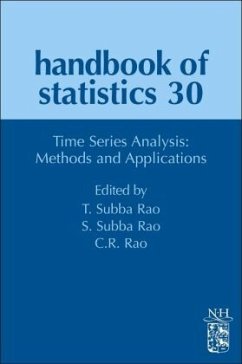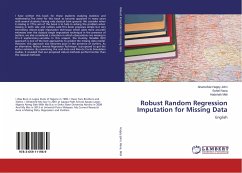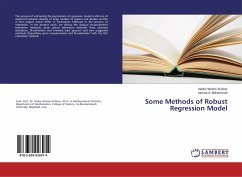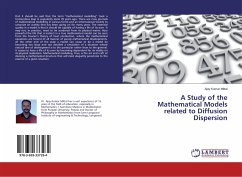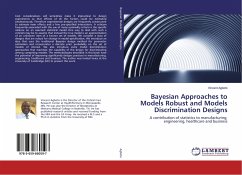
Bayesian Approaches to Models Robust and Models Discrimination Designs
A contribution of statistics to manufacturing, engineering, healthcare and business
Versandkostenfrei!
Versandfertig in 6-10 Tagen
36,99 €
inkl. MwSt.

PAYBACK Punkte
18 °P sammeln!
Cost considerations will sometimes make it impractical to design experiments so that effects of all the factors could be estimated simultaneously. Therefore experimental designs are frequently constructed to estimate main effects and a few pre-specified interactions. A criticism frequently associated with the use of many optimality criteria is the specific reliance on an assumed statistical model. One way to deal with such a criticism may be to assume that instead the true model is an approximation of an unknown item of a known set of models. We consider a class of designs that are robust for ...
Cost considerations will sometimes make it impractical to design experiments so that effects of all the factors could be estimated simultaneously. Therefore experimental designs are frequently constructed to estimate main effects and a few pre-specified interactions. A criticism frequently associated with the use of many optimality criteria is the specific reliance on an assumed statistical model. One way to deal with such a criticism may be to assume that instead the true model is an approximation of an unknown item of a known set of models. We consider a class of designs that are robust for change in model specification. We introduce an idea that uses the traditional Bayesian design method for parameter estimation and incorporates a discrete prior probability on the set of models of interest. We also introduce some model discrimination approaches that maximize the capability of the design for discriminating among competing models. The methodologies described in this book have the potential of improving significantly designs practices in manufacturing, engineering, healthcare and business. The author was invited twice at the University of Cambridge (UK) to present this work.



